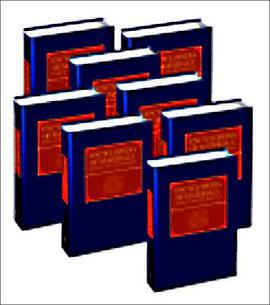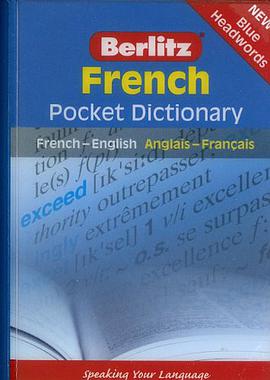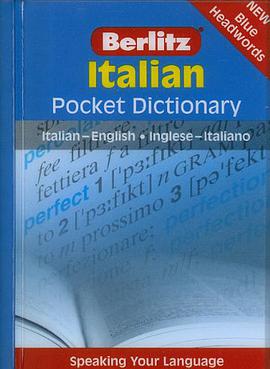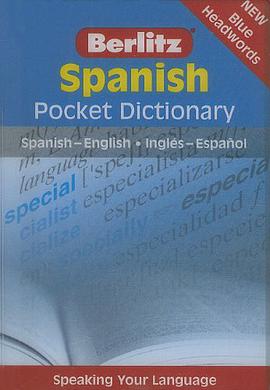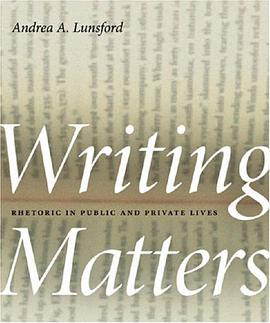

Anyone who laments the demise of print text would find a sympathetic listener in Andrea A. Lunsford. Anyone who bemoans the lack of respect for blogs, graphic novels, and other new media would find her no less understanding. Lunsford is at home in both camps because she sees beyond writing's ever-changing forms to the constancy of its power to "make space for human agency--or to radically limit such agency."Lunsford is a celebrated scholar of rhetoric and composition, and many undergraduates taking courses in those subjects have used her textbooks. Here she helps us see that writing is not just a mode of communication, persuasion, and expression, but a web of meanings and practices that shape our lives. Lunsford tells how she gained a new respect for our digital culture's three v's--vocal, visual, verbal--while helping design and teach a course in multimedia writing. On the importance of having a linguistically pluralistic society, Lunsford draws links between such varied topics as the English Only movement, language extinction, Ebonics, and the text messaging shorthand "l33t."Lunsford has seen how words, writing, and language enforce unfair power relationships in the academy. Most classroom settings, she writes, are authority based and stress "individualism, ranking, hierarchy, and therefore--we have belatedly come to understand--exclusion." Concerned about the paucity--still--of tenured women and minority faculty, she urges schools to revisit admission and retention practices. These are tough and divisive problems, Lunsford acknowledges. Yet if we can see that writing has the power to help prolong or solve them--that writing matters--then we have a common ground.
具體描述
讀後感
評分
評分
評分
評分
用戶評價
相關圖書
本站所有內容均為互聯網搜索引擎提供的公開搜索信息,本站不存儲任何數據與內容,任何內容與數據均與本站無關,如有需要請聯繫相關搜索引擎包括但不限於百度,google,bing,sogou 等
© 2025 qciss.net All Rights Reserved. 小哈圖書下載中心 版权所有



